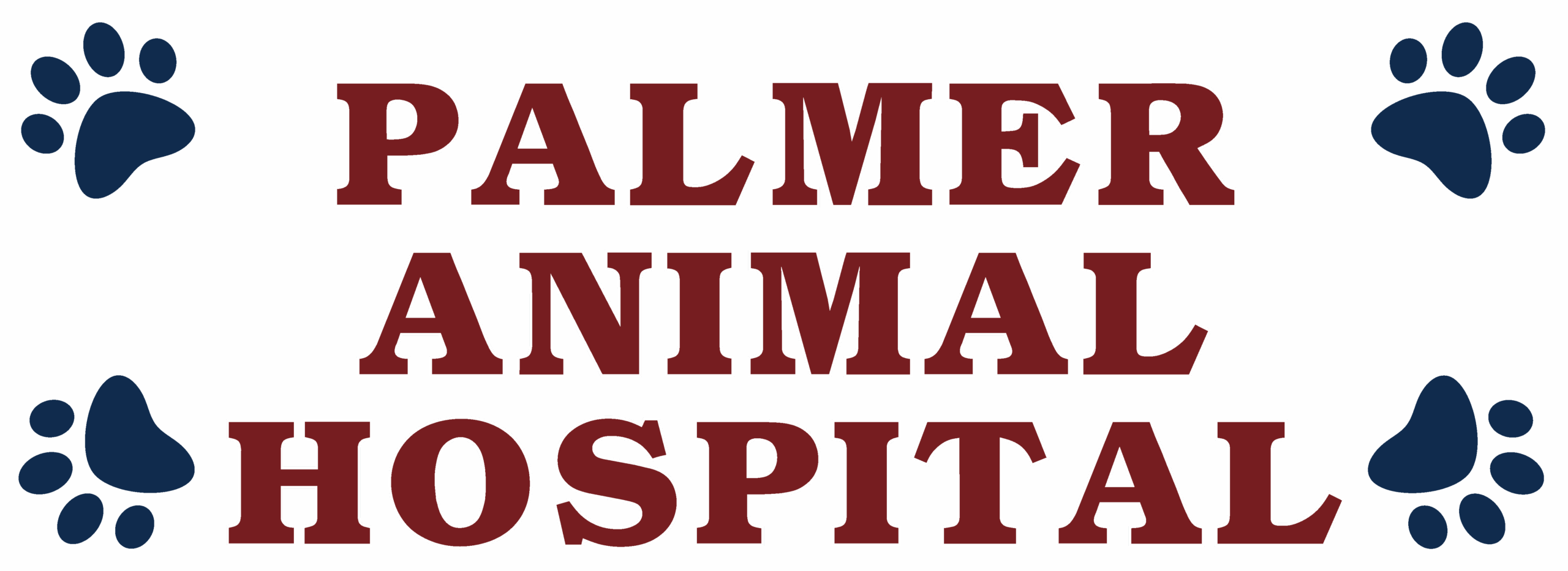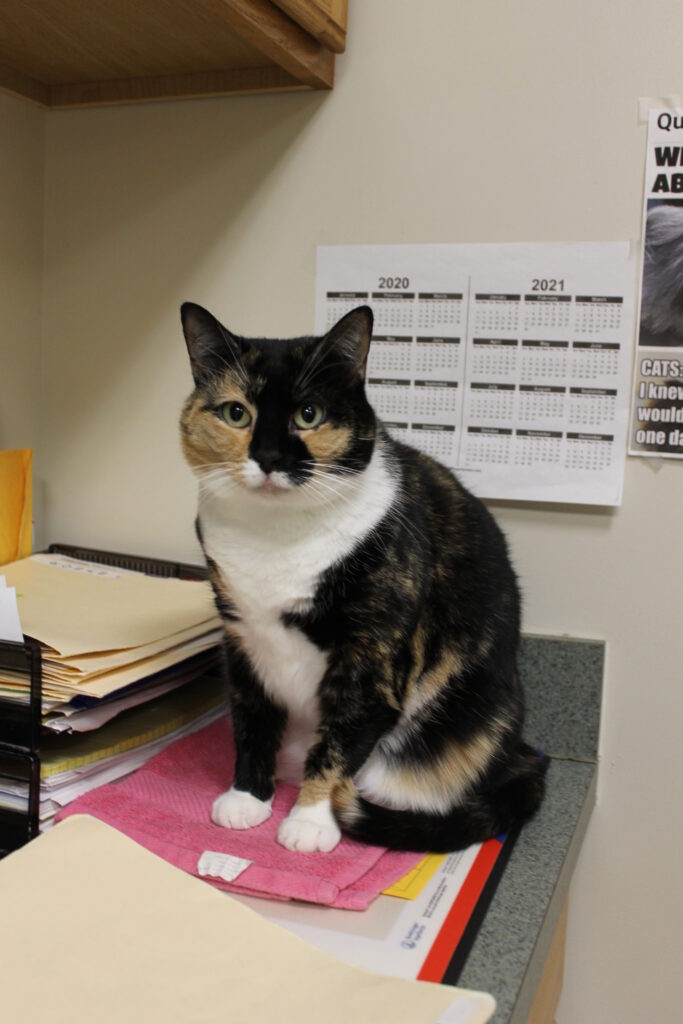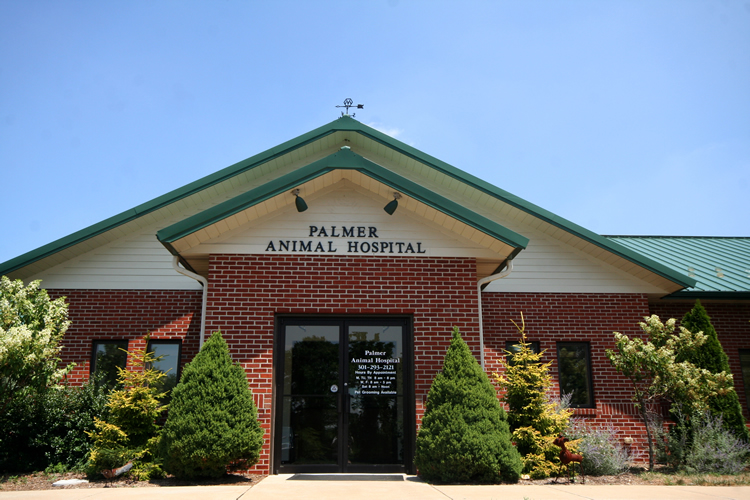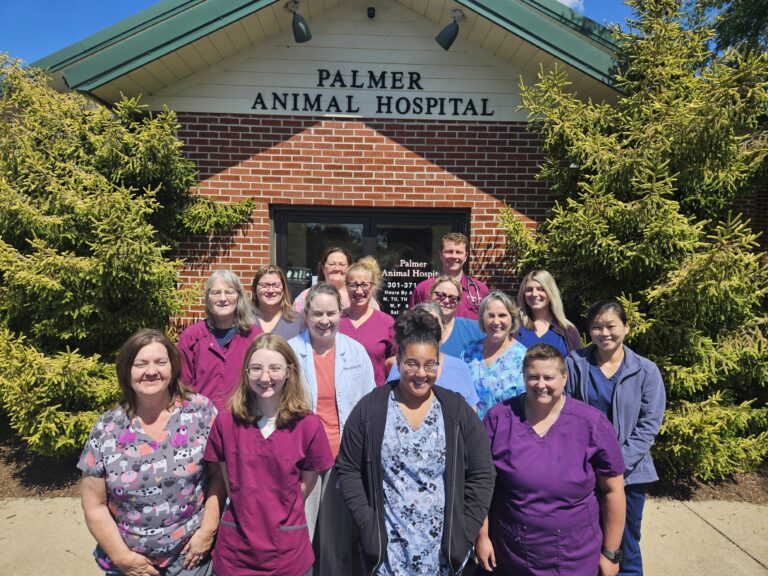‘RAW DIETS’
Recently we have been getting more and more questions about “Raw Diets” (Raw Meat-Based Diets–RMBDs) in our patients. RMBDs are controversial, but the popularity of the diet such as raw meat, bones, fruit and vegetables, are rising. We do not recommend raw diets; in fact most veterinarians do not recommend them. The AVMA, AAHA and Canadian VMA also discourage the use of undercooked or raw diets. The Delta Society Pet Partners Program precludes animals that eat RMBDs from participating in their therapy animal programs. The key motivation for pet owners wanting to feed these diets is that they are thought to be nutritionally superior compared to more conventional diets. Most of the information is from anecdotal or non-scientific studies. It is important to understand that there are many risks associated with feeding these diets:
— Bacterial contamination especially Salmonella. The occurrence rates of Salmonella in commercial RMBDs range from 20-48%. This not only puts your pet at risk for becoming ill, but any other animal or person in the household as well. This by far is our major concern in regards to safety of these diets.
—Nutritional concerns—many of these diets are unbalanced. A 2001 study found that all of commercial RMBDs and 95% of home-prepared RMBDs had at least one major nutritional deficiency, so long-term feeding may lead to health problems with your pet. Keep in mind that many of these diets are labeled for intermittent or supplemental feeding and are not intended as a long-term diet.
—Other safety issues such as bones and high-fat levels in many of these diets can put pets at risk for stomach and intestinal injuries, and pancreatitis.
—Cases of Hyperthyroidism have been reported in dogs fed a RMBD (which resolved upon discontinuation of that diet).
For more information, there is an article in the Dec 1st issue of the AVMA Journal that discusses the current knowledge of the risks and benefits RMBDs.




